Weeks after he was admitted to the intensive care unit (ICU) of a private hospital in Gurugram for cardiac issues, renowned fashion designer Rohit Balsaid he is healing.
The 62-year-old is under the supervision of a team led by cardiologist Dr Praveen Chandra at the Medanta Hospital.
In an Instagram post, Bal said the support from friends and family has been a guiding light for him during these testing times.
"Dear friends, family, and supporters, I am deeply touched by your outpouring of love and prayers during my illness. Your support has been a beacon of hope and strength, helping me on my journey to recovery. As I heal, I am reminded of the resilience of our bond and our shared dreams," the Srinagar-born designer wrote on Tuesday.
Bal, who founded the eponymous fashion label, Rohit Bal, said the brand remains "strong".
"... and I assure you, the show must go on. Your faith in our vision is the driving force behind its continued success. Thank you for being my light in these challenging times. Let's keep moving forward with hope and courage," he concluded the statement.
Cinema personalities like Arjun Rampal and Nafisa Ali commented on Bal's post wishing him speedy recovery.
"You will be back stronger than ever. Godspeed," Rampal wrote.
"An icon and a great example of human spirit. Big hug and more strength to you," said Ali.
Bal, regarded as a trendsetter in Indian fashion with designs that challenged norms, is known for seamlessly blending traditional aesthetics with contemporary flair. He is also credited for marrying the cultural heritage of India with global fashion trends.
He has been away from the fashion world for the last few years due to health issues.







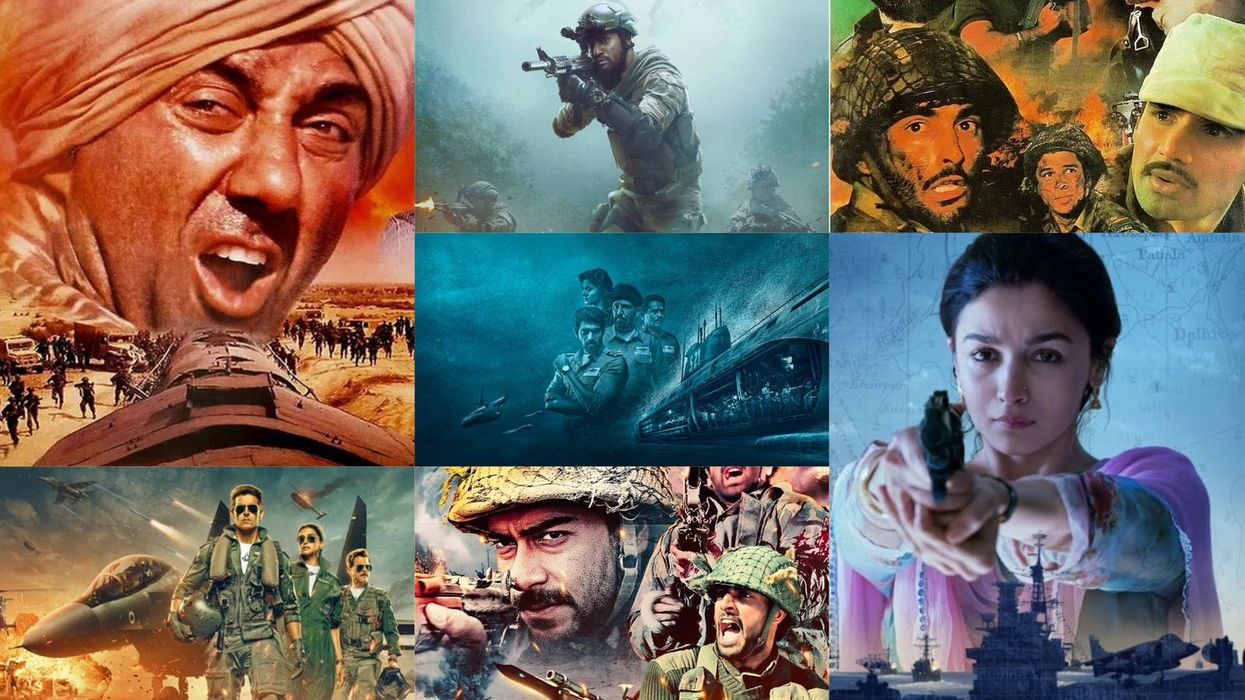





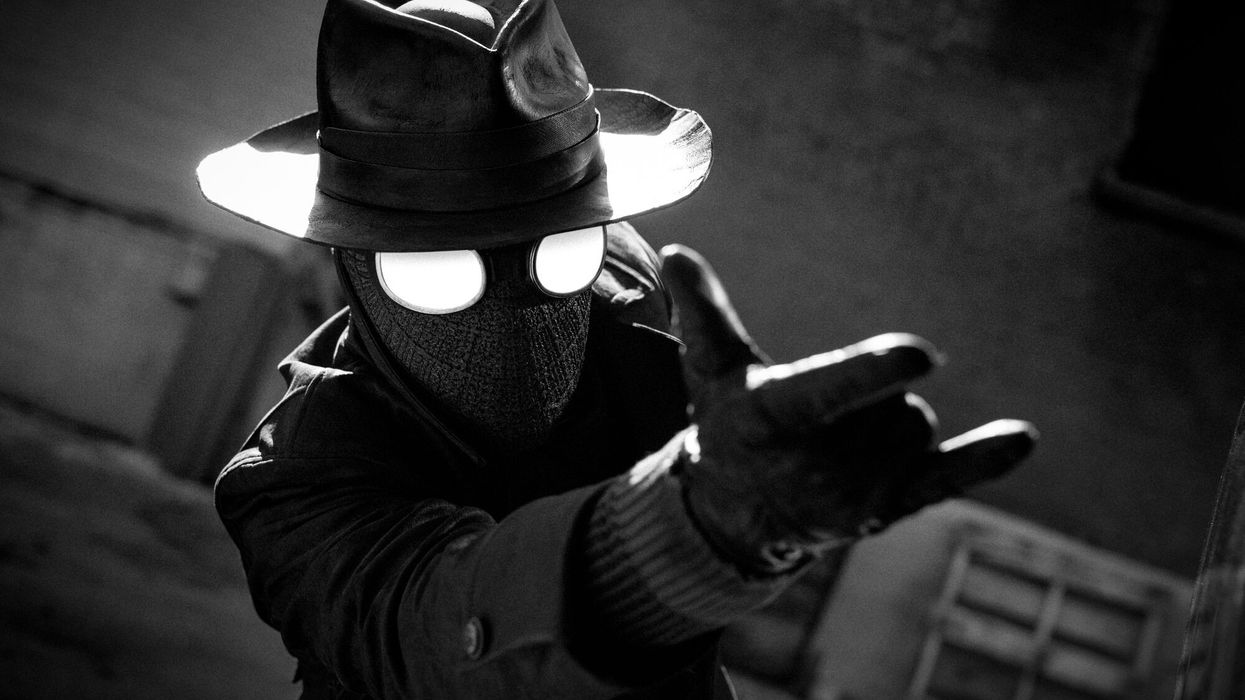





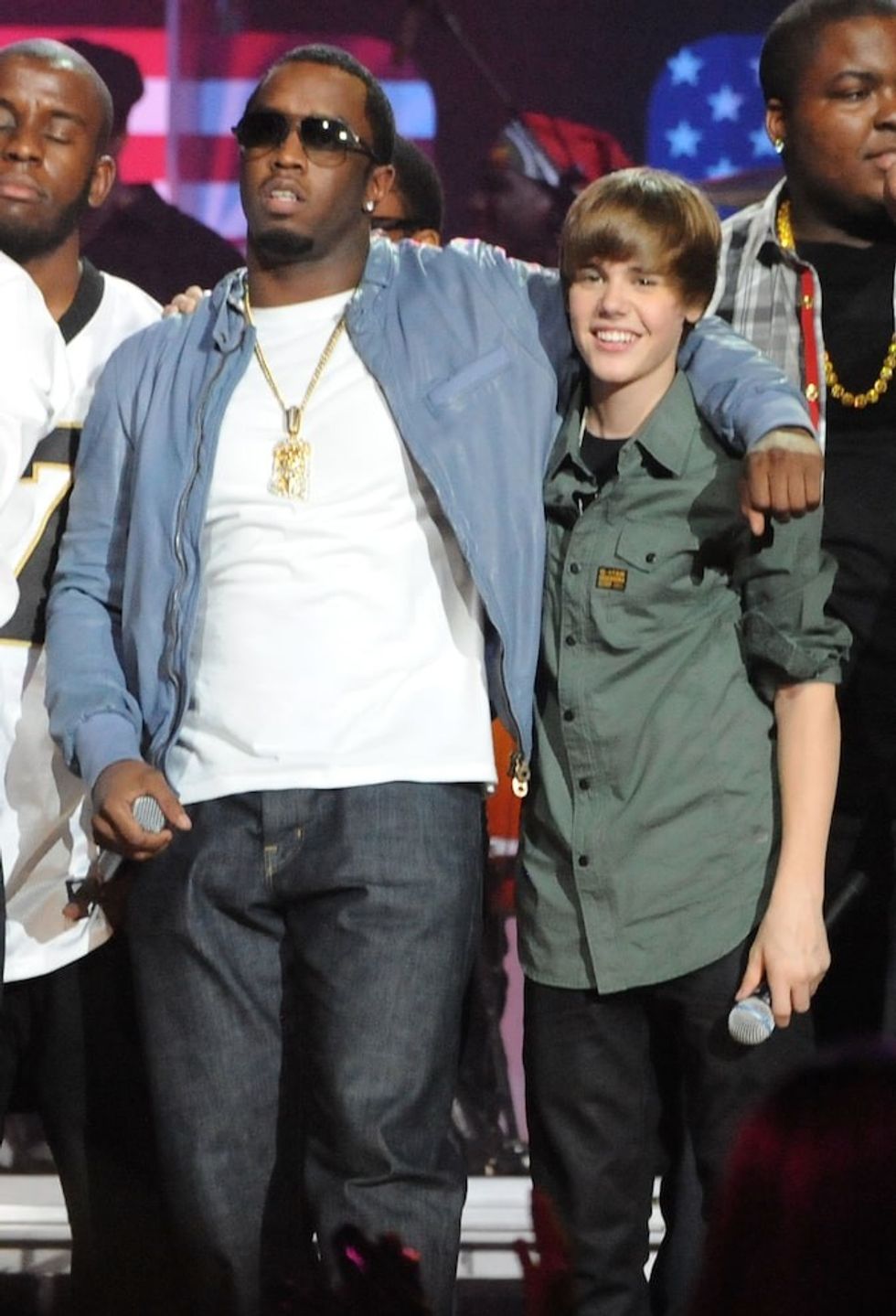 Bieber’s team issues statement denying abuse and backing real victimsGetty Images
Bieber’s team issues statement denying abuse and backing real victimsGetty Images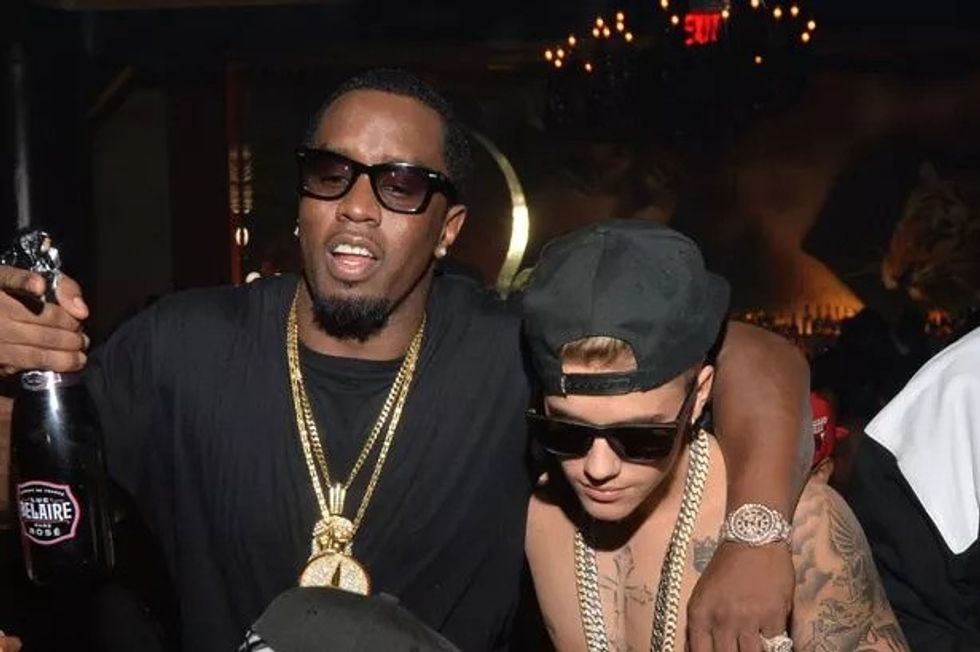 Fans revisit troubling footage of Bieber and Diddy from 2009 amid the case Getty Images
Fans revisit troubling footage of Bieber and Diddy from 2009 amid the case Getty Images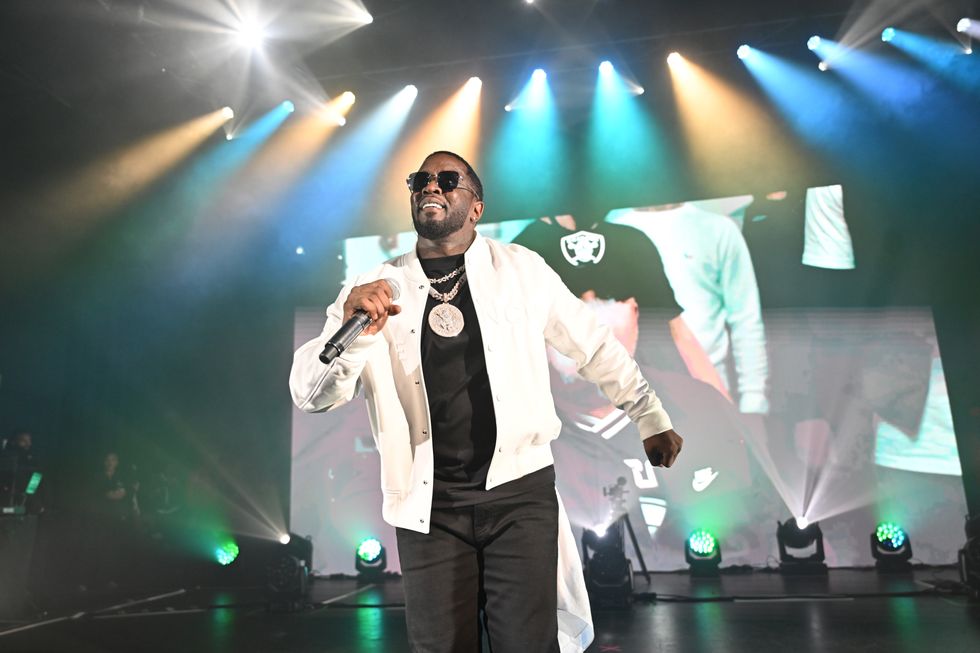 Diddy faces mounting allegations as old clips with Bieber draw backlashGetty Images
Diddy faces mounting allegations as old clips with Bieber draw backlashGetty Images
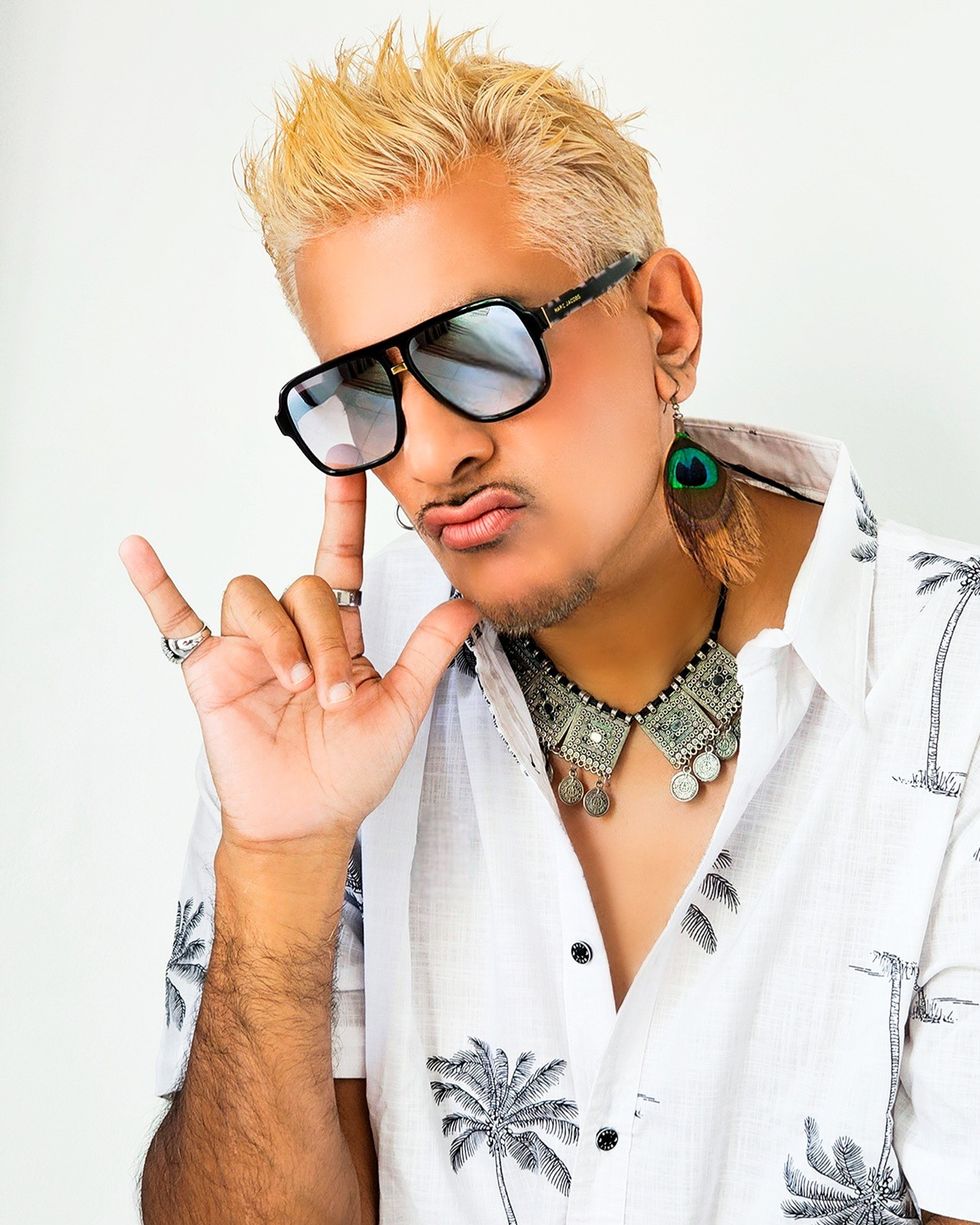 Bally Sagoo
Bally Sagoo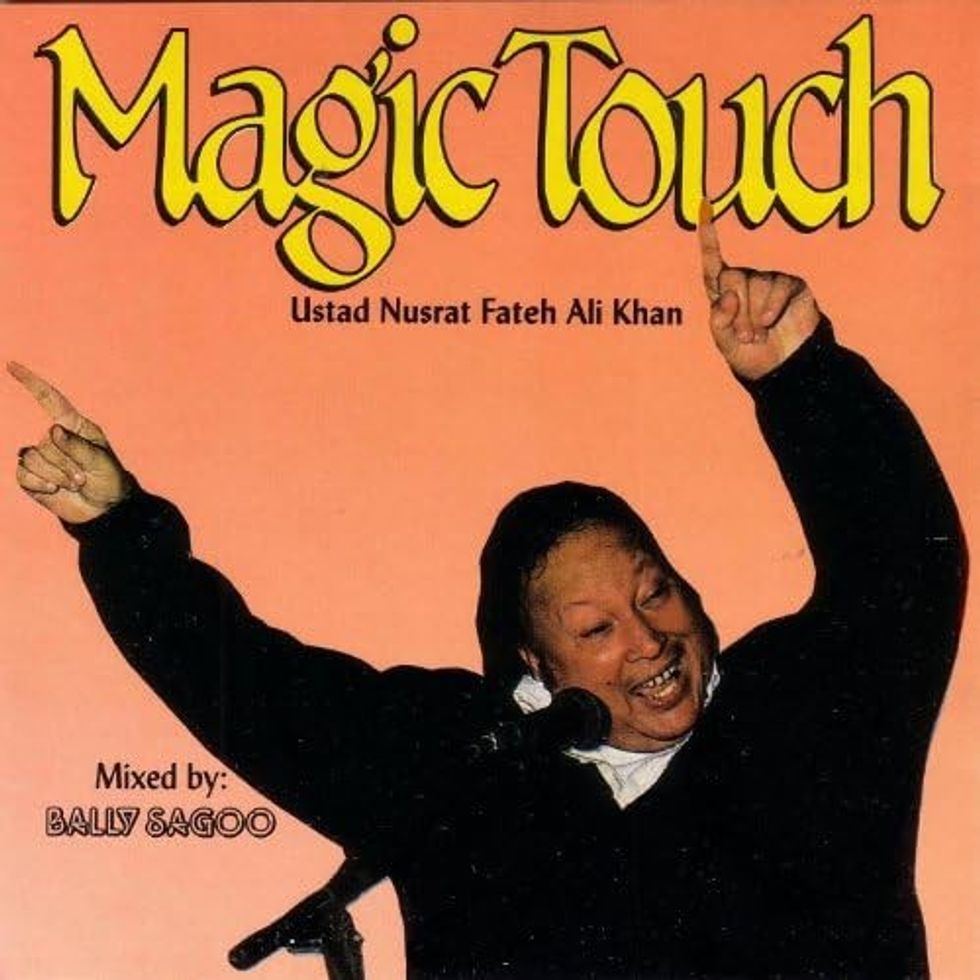 Albums by him
Albums by him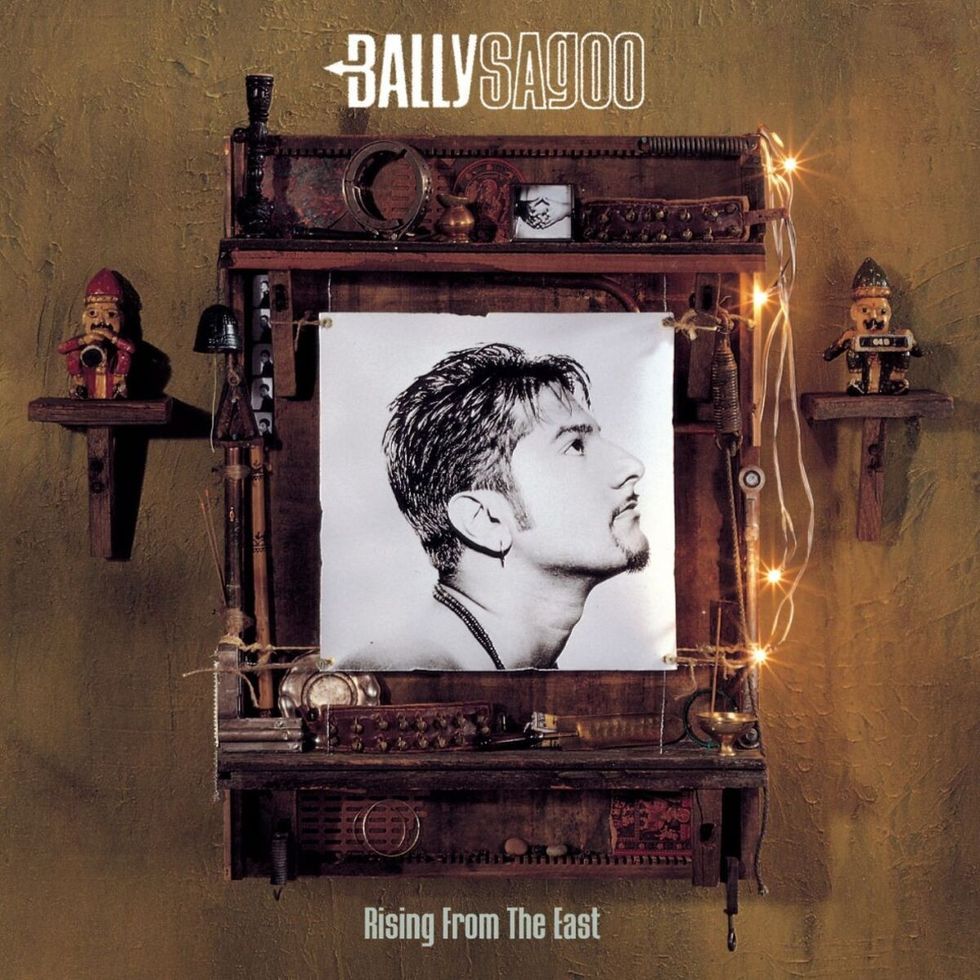 Rising From The East and Magic Touch
Rising From The East and Magic Touch